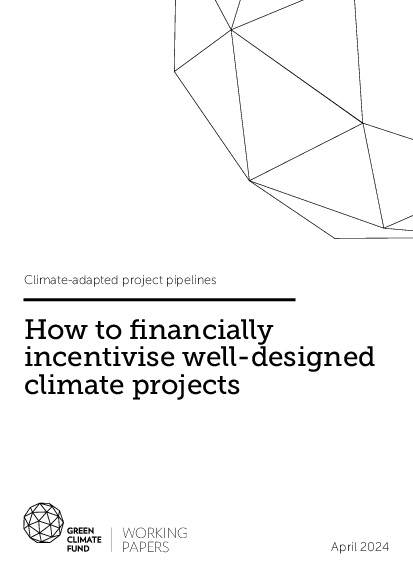How to financially incentivise well-designed climate projects
The global development finance market has existed for decades, supported by globally accepted standards on project development and commensurate financial solutions. With climate change, there has been a focus on emissions reduction, bringing about a shift in project structuring and financing that consists of minor adjustments in the approach. These include emission-reduction protocols and calculations associated with financial incentives for clean-energy solutions.
Since the devastating impacts of climate change have been felt all over the globe, interventions to reduce emissions are not enough. Approaches to ensure climate resilience and the ability to adapt to climate change are needed more than ever. Practically speaking, incorporating these further components into project structuring and financing are much more difficult. Thus, a substantial paradigm shift is required in how we approach climate-related project structuring and financing.
This working paper presents the process of creating a project pipeline that integrates adaptation to climate change, emissions reduction, and development. It also discusses the impact such a process has on mitigating risks, including climate-related threats, to illustrate the advantages of creating climate-based project pipelines. The paper sets out to describe the advantage of investing in risk mitigation for integrated and sequenced activities compared with investing in single assets.
